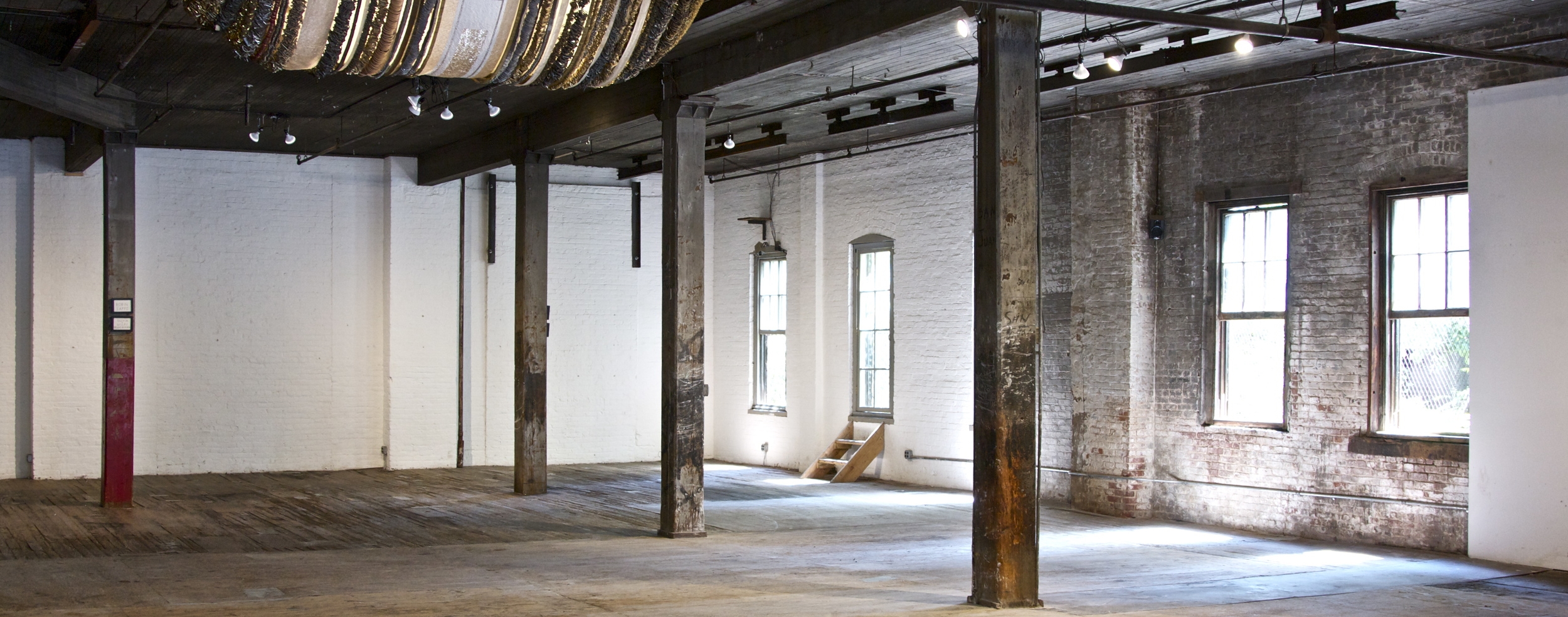Overview
It is worth remembering that when you vacate a leasehold property, your liabilities do not necessarily end there. It is likely that your lease will require you to meet certain repairing, decoration, statutory and re-instatement obligations before you leave. It is therefore essential that you know what these are well beforehand otherwise you could face a very large bill indeed.
The Process
We recommend that between twelve to eighteen months before you plan to vacate your premises you instruct a surveyor to prepare an ‘Assessment of Liability’ report. This will detail the cost of meeting all your lease obligations before your lease comes to an end.
This assessment involves the following:
Reviewing all relevant Lease documentation, test certificates, floor plans etc
Undertaking an inspection of the property
Investigating the Landlord’s plans for the property and the demise itself
Preparing budget costings for any works deemed necessary
The report is usually provided in electronic format and will include a summary of key lease clauses and a recommended strategy for meeting your lease obligations.
Strategy
In some cases we recommend that an informal approach is made to the landlord to discuss a cash settlement in lieu of full scale re-instatement.
If there is a chance that the landlord will substantially refurbish or even redevelop the property at the end of the lease, the strategy may be quite different. In these circumstances, it is possible that the tenant may have very limited liability.
If the landlord is unwilling to agree a negotiated settlement, it may be necessary to undertake the re-instatement and dilapidations works before the expiry of the lease. As a result, the timing of your relocation could be affected quite significantly depending on the scale and complexity of the required works.
A word of warning
Please note that if the required works are not completed before your lease expiry date you could be liable for the landlord’s consequential damages and the fees associated with overseeing those works. Please also note that neither you nor your contractor will have the right to enter the premises after your lease expires. Needless to say, this situation is best avoided.

